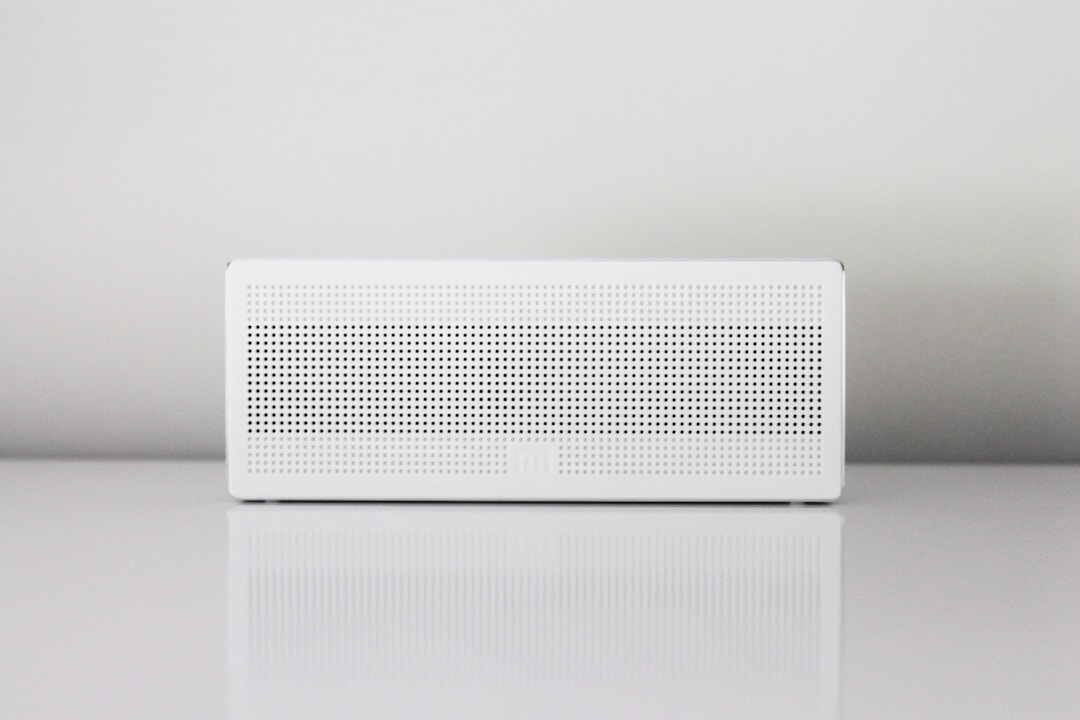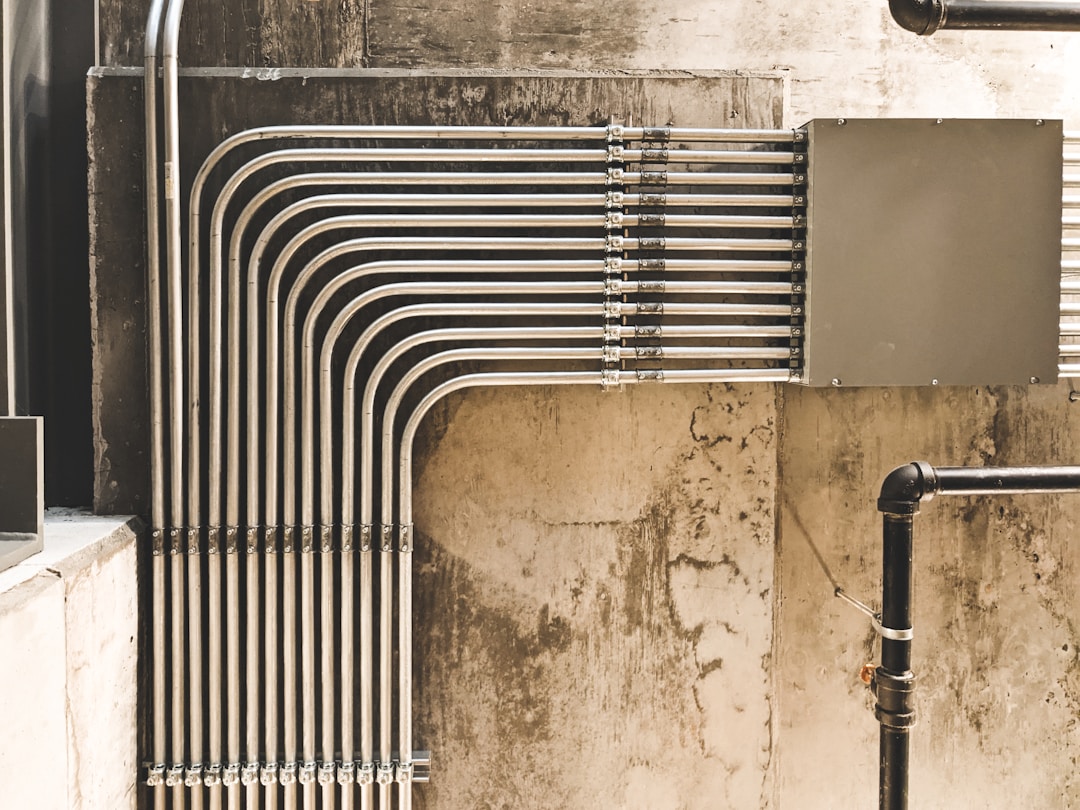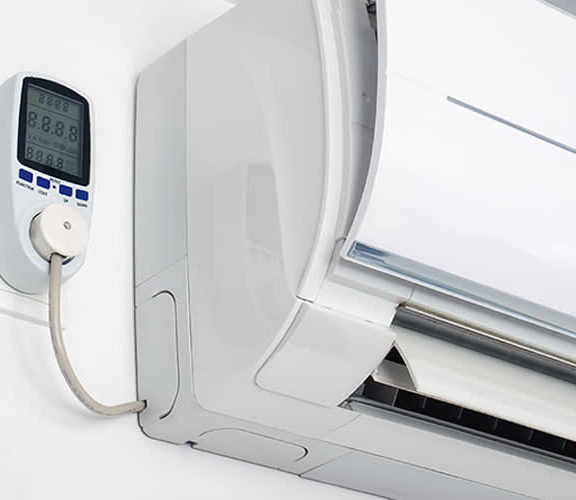As summer approaches, you need your air conditioner to run smoothly, and even the best commercial HVAC systems can run into problems with time. Whether your AC isn’t cooling, your drain line isn’t working properly, or your commercial HVAV unit is making odd noises, here are five solutions to help troubleshoot common commercial HVAC system issues.
Swap out your air filters.
Swapping out your dirty air filters regularly is key to maintaining healthy indoor air quality. Your HVAC system’s filters play an integral role in reducing allergens, contaminants, and pollutants in the air. Over time, filters can become clogged, disrupting airflow and accumulating dirt and debris.
As one of the most common commercial HVAC problems, poor indoor air quality can increase your risk of respiratory disease and allergic reactions. When you allow your filters and air conditioning coils to become dirty, your HVAC system won’t work properly; your compressor is more likely to fail prematurely. To maintain healthy air quality and avoid potential HVAC problems in the future, it’s recommended to change your air filters once per month.
Install properly sized equipment.
Does your HVAC system run more frequently than it should, or does your AC unit constantly cycling on and off? If you notice any of these problems, it may indicate that your equipment is too large or small for your commercial space.
If your commercial HVAC system is too large, it will operate at low productivity levels and run up your energy bills. Meanwhile, if it’s too small, your commercial HVAC unit won’t be able to maintain the right temperature. To lower your winter heating bills and keep temperatures optimal, you’ll need to install properly sized equipment.
Check your air vents.

If your heating system or air conditioner fails to heat or cool your space, your evaporator coils are frozen, or you notice water leaking from your AC, checking your air vents might help solve the problem. Rugs, drapes, and other pieces of furniture can block return and supply vents, which disrupt the flow of air indoor air and outdoor air in a commercial building.
In some cases, building occupants may purposefully block vents that aren’t being used because they think they will save money on energy bills. In reality, blocking vents only increases energy bills and causes commercial AC issues and other ductwork problems.
Call an HVAC technician.

While it’s possible to troubleshoot some common HVAC problems yourself, some issues are best left to the professionals. For example, if your air conditioner is low on refrigerant or leaking, adding more refrigerant won’t solve the problem. Instead, a trained technician can help fix leaks and charge your HVAC system with the right amount of refrigerant.
Additionally, if your HVAC system is experiencing major problems like electrical control failure or system failure, the best way to solve your problem is call a service technician. Corrosion of wire and terminals is a common issue, especially in oversize commercial systems. It’s always a good idea to leave electrical problems to trained professionals to avoid potential danger.
Keep up with routine maintenance.
Avoid waiting until your HVAC system starts making odd noises or breaks down because of wear and tear. To boost the efficiency of your HVAC system and lower your energy costs, be sure to schedule regular maintenance checks with your local HVAC technician.
With annual preventive maintenance, your commercial HVAC system will work longer, run more efficiently, and save you money on energy bills. Preventive maintenance is also essential to fix small issues before they turn into serious problems.
Fortunately, many technicians offer preventative maintenance programs to help business owners avoid commercial HVAC problems. Above all else, working with an experienced team of HVAC technicians can give you the peace of mind of knowing your building’s HVAC system is running efficiently.

